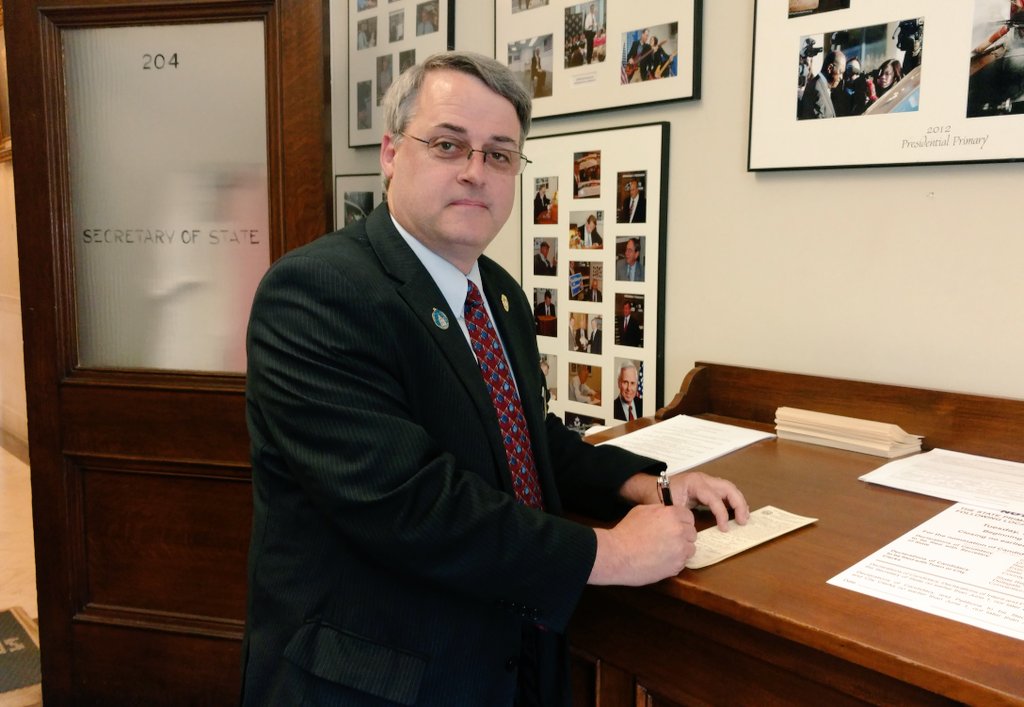Former Dem Rep Facing Expulsion From Claremont City Council

Former Democratic state Rep. Andrew O’Hearne may have crossed the line when he reportedly told Claremont Department of Public Works (DPW) employees how to do their job. Now he is facing possible expulsion from the city council.
According to city communications, O’Hearne was upset with how a DPW crew painted lines on his street. So he intimidated the crew members, telling them what to do and why they better do it.
“(O’Hearne) informed them that a police commissioner was on his way to review the area and that he had a ‘big stick’ and did not mind ‘stirring the pot,'” City Manager Yoshi Manale wrote in an email about the May 11 incident.
O’Hearne, who has been on the Claremont City Council for several years, is scheduled for a June 21 hearing before the council to determine what happened last month when he confronted city employees, Mayor Dale Girard said.
“The worst that could happen is he could be removed from his seat if we feel he interfered with city employees,” Girard said.
Council members in Claremont, as in nearly every other municipality in New Hampshire, are barred from directing city employees in any way. Having spent decades as a Claremont police officer, a policy O’Hearne should have been aware of.
O’Hearne did not respond to a request for comment.
According to the email from Manale to council members first obtained by journalist Jim Sullivan, the DPW crew members said they were being harassed by O’Hearne, who did not like how they were directing traffic. At one point, O’Hearne said he would stay in the road and videotape the crew, according to Manale.
Police were called to the site and determined there was no problem with traffic, Police Chief Brent Wilmot told NH Journal. Manale was finally able to convince O’Hearne to go home. But the manager told council members the matter needs to be addressed.
“The councilor’s actions … were not appropriate and disruptive to the work of our DPW,” Manale wrote.
Manale initially wanted O’Hearne to apologize. The council instead decided to hold a hearing to determine the next course of action, which could include removal.
O’Hearne spent a decade as a state representative before losing his seat last November by fewer than 50 votes, with Republican Walter Stapleton defeating him.
If he is removed, O’Hearne would be the second Claremont city councilor forced off by the council this year. In February, Councilor Jim Contois was removed by a council vote after he allegedly called the police to get a no-trespass order against him lifted.
Contois, an environmental activist, was hit with the order by a local car dealership after the councilor went to the dealer’s property to document wetlands on the lot. Contois maintained he never asked Wilmot to lift the order, he just asked about how the order was enforced.
After he was removed, Contois filed a lawsuit against the council, demanding he be reinstated. The council settled the lawsuit in April and voted to rescind Contois’ expulsion and restore his council membership.




